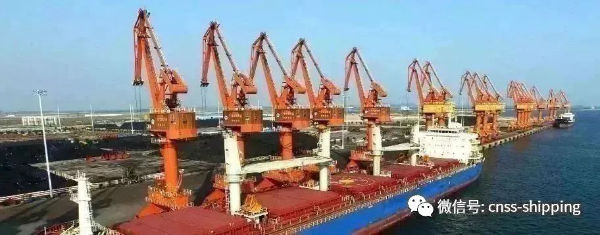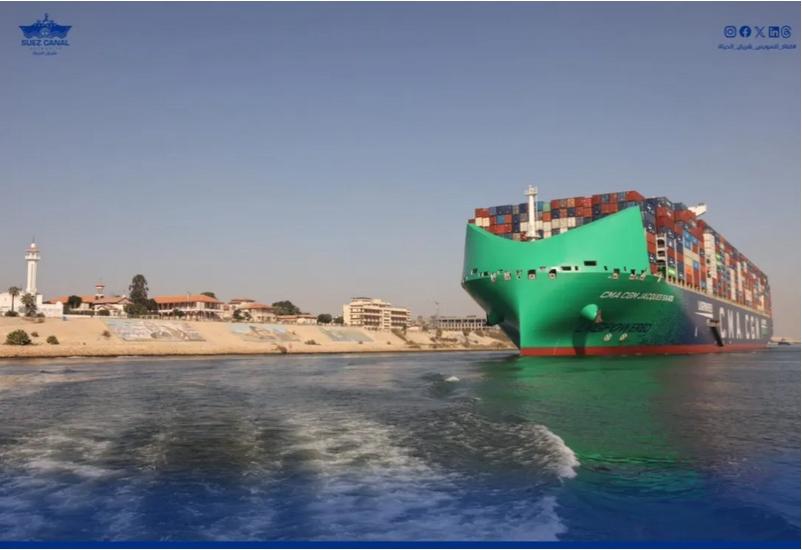Laytime Clauses 装卸时间条款
Working hours per working day
每一工作日的工作时间
2.126 As mentioned at the start of the last section, one of the questions to be determined is which hours during the working day are to count. As Smith LJ pointed out in the Court of Appeal in the Forest Steamship Co case, the number of hours which constitute a working day may vary at different ports. It also seems to be an inference of his judgment that, where more than the normal hours of the port are used, then the actual time should count. However, in that case there was an ‘‘unless used’’ provision relating to, inter alia, night time work. In the House of Lords, the Earl of Halsbury commented:
nobody supposes people work for twenty-four hours.
However, he did not say what period should be considered.
2.126正如在上一节开始时所提及的那样,需要确定的一个问题就是一个工作日到底应计为多少个小时? 如在上诉法院Smith大法官在Forest Steamship Co—案中指出的,构成每一工作日的时数因港而异。从其判决中似乎可推断出:实际使用的时间若超出了港口正常的工作时间,则实际使用的时间就应计入。然而,在那个案子中,对有关夜间作业做了‘除非使用‘的特别规定。在上议院,Halsbury伯爵解释到:
没有人认为人们能24小时地作业。
然而,他并没有说应该为多长期间。
2.127 In Watson Brothers Shipping Co Ltd v. Mysore Manganese Co Ltd, Hamilton J referred to the ‘‘usual hours of working at the port’’, and later on to the ‘‘hours upon which work in the ordinary course may be done’’. Dealing with work done at an unusual hour (even without an ‘‘unless used’’ clause), he added:
I take it that if he (the shipper) does require the ship to work in hours not usually worked on, and the ship complies with its obligation, the shipper could not deny that such hours having been used were part of the working day of 24 hours.
2.127在审理 Watson Brothers Shipping Co v. Mysore Manganese Co—案时,Hamilton法官谈到‘港口的通常工作时间’,接着又提到‘可以进行正常作业的时间’。对于在非正常工作期间所进行的作业(甚至在没有‘除非使用’这一条款时),他补充道:
我认为,如果他(托运人)确实要求船舶在非正常工作期间内作业,而船舶遵守责任照此做了的话,托运人就不能否认这段使用时间作为24个小时的工作日的一部分。

2.128 In Reardon Smith Line Ltd v. Ministry of Agriculture, Lord Devlin pointed out that:
The number of hours of a day or working day . . . which a charterer can use will depend on how he can mobilize the resources of the port and what rights he has got to exact co-operation from the ship.
Later on, he added:
Overtime in ports is the rule rather than the exception.
2.128 在Reardon Smith Line v. Ministry of Agriculture—案中,Devlin勋爵指出:
承租人所能使用的一天或一个工作日内的时数要根据他所能调动港口资源能力的程度以及船方赋予他拥有的精确协调船舶的权利来确定。
后来,他又补充道:
在港口的加班时间是规定,而不是除外条款。
2.129 It is submitted, therefore, that the usual working hours will include regular overtime and will fall to be determined for the particular trade at the port in question. Furthermore, the hours to count for a particular day will be the greater between the total normal hours (including regular overtime) and the hours actually worked.
2.129 因此,可以认为,在特定的港口,通常的工作时间要包括常规的加班时间,并要根据具体的贸易活动来决定。而且,某一具体日子所要计入的时间是全部正常时间(包括常规的加班)与实际作业时间二者之中的较多的一个。

2.130如果所使用的这些装卸时间条款中均未加上‘在天气允许的情况下’这些词语的话,那么,根据上文在固定装卸时间标题内已经讨论过的有关天气中断的一般性原则,恶劣天气对时间计算不会造成什么影响。
2.131 When ‘‘weather permitting’’ is added the words become part of the clause itself, rather than an exception to it and are thus descriptive rather than exceptive. As before, the emphasis must always be on what the weather permits. The intentions of the parties are therefore irrelevant, provided the weather interruption occurred on a working day and within the hours actually worked or the hours in which work is usually carried out as defined above. Adverse weather outside these periods has no effect on laytime and may be ignored. An alternative way of putting the same point is to say that the laytime clock must be running, apart from the weather, before weather can have any effect.
2.131 当增加的这些词语‘在天气允许的情况下’作为条款本身的一部分,但不是针对它的除外条款,因而是属于描述性而不是除外性的。如同上文,着重点必然经常会落到什么才是天气允许这个问题上。所以,这与当事双方的意图无关,只要是天气造成的中断发生在工作日和实际作业的期间内或者通常进行作业的期间之内,如同上文所定义的。在这些期间之外的恶劣天气对装卸时间不产生影响,故可以忽略不计。对这同一观点,换句话来讲,在天气造成影响之前,不论天气如何,装卸时间的时钟必须一直不停地走下去。
2.132 Where it does have an effect, the actual period of the interruption is subtracted from the laytime used.
2.132 当天气影响确实起作用时,实际中断的时间就应将从所使用的装卸时间内扣除掉。

《装卸时间与滞期费》购买链接(点击可购买)
海运圈聚焦专栏作者 魏长庚船长(微信号CaptWei)

 2018-05-08
2018-05-08 857
857 














